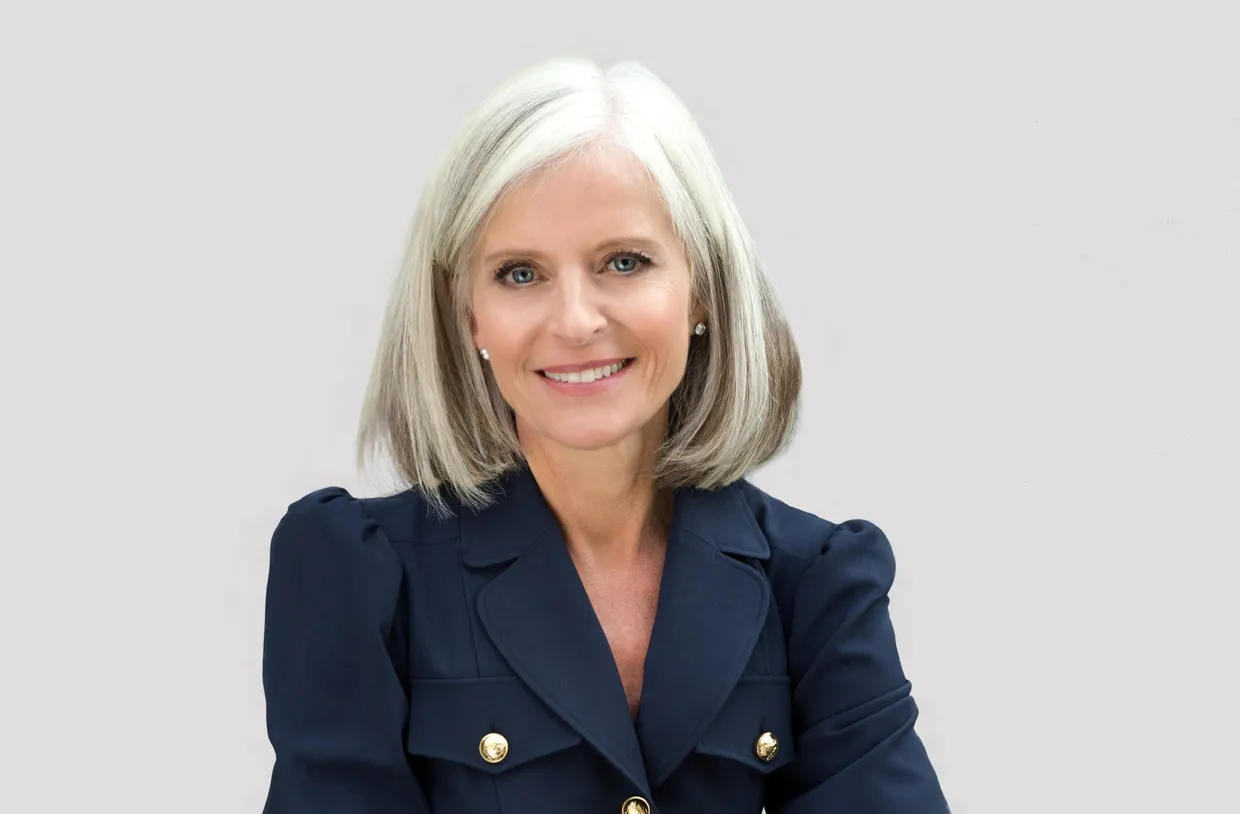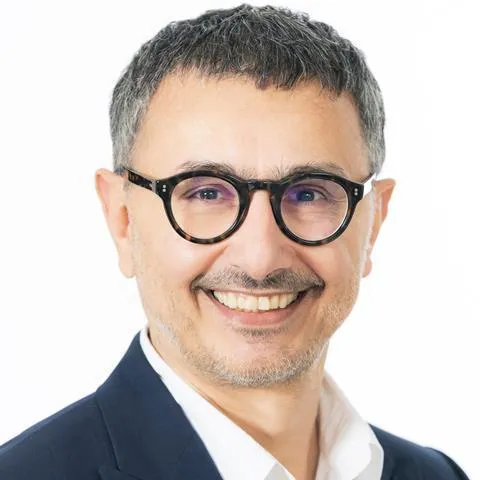Climate Compass – Beyond profit: why sustainable finance is shaping the future

At Climate Compass Paris 2025, Sweep hosted an evening of debate and ideas around innovation and climate challenges, joined by some of the most influential voices in sustainability.
Among the panel discussions was a conversation with Philippe Zaouati, CEO and founder of Mirova, Isabelle Hudon, President and CEO of the Business Development Bank of Canada (BDC), and Julien Denormandie, Chief Impact Officer at Sweep and former French minister.
Together, they explored how regulation, investment, data, and markets are reshaping the way businesses and investors think about value – and what it will take to accelerate the climate transition.
Governments as regulators and investors
The discussion began with the question of government influence. Regulation, participants agreed, is necessary, but it is not sufficient on its own. Rules can guide behaviour, yet public investment often provides the decisive push.
Isabelle Hudon illustrated this with BDC’s early move into supporting clean technology:
Philippe Zaouati added that profitability remains critical:
“The only way to scale is to show that sustainable models are economically viable. Regulation is necessary, but finance is a market. Unless we prove that these investments deliver returns, capital will always flow elsewhere.”
For Julien Denormandie, regulation and investment need to work together. “It is not enough to impose new rules,” he explained. “Governments also need to give markets the confidence to commit for the long term.”
Extra-financial data as a driver of change
The panel also highlighted how businesses are rethinking the information they rely on. Extra-financial data – on emissions, climate risk, and social impact – is increasingly recognised as essential to understanding the future.
Isabelle Hudon linked this to the role of development banks:
“Our mission is to play where others are not, until the wider market follows. That means using extra-financial data to understand where businesses need to change, and how we can support them through the transition.”
Markets, AI, and the future of value
A recurring theme was the imbalance between today’s capital flows and the needs of the climate transition. Investment is pouring into technology and artificial intelligence, while sustainability-related sectors often struggle to attract the same attention.
Philippe Zaouati warned of the consequences:
Julien Denormandie closed by questioning how we define value itself:
“If extra-financial data is to shape markets, it must be recognised as a creator of value. Not just financial capital, but environmental and social capital too. This is the horizon we need to reach.”
Towards a broader definition of success
The panel at Climate Compass Paris underlined a shift already underway: sustainability is not a trade-off against profitability, but a redefinition of what success looks like. Governments have a dual role as regulators and investors, development banks can de-risk markets, and businesses must use extra-financial data to prepare for the future.
The message was clear. To accelerate the climate transition, profit and purpose must reinforce each other. As Hudon concluded, organizations like BDC must deliver financial returns while advancing climate and social progress.
The challenge is to make that balance the norm, not the exception.
Sweep can help
Sweep is a carbon and ESG management platform that empowers businesses to meet their sustainability goals.
Using our platform, you can:
- Conduct a thorough assessment of your carbon footprint.
- Get a real-time overview of your supply chain and ensure that your suppliers meet your sustainability targets.
- Reach full compliance with the CSRD and other key ESG legislation in a matter of weeks.
- Ensure your sustainability information is reliable by having it verified by a third party before going public.





